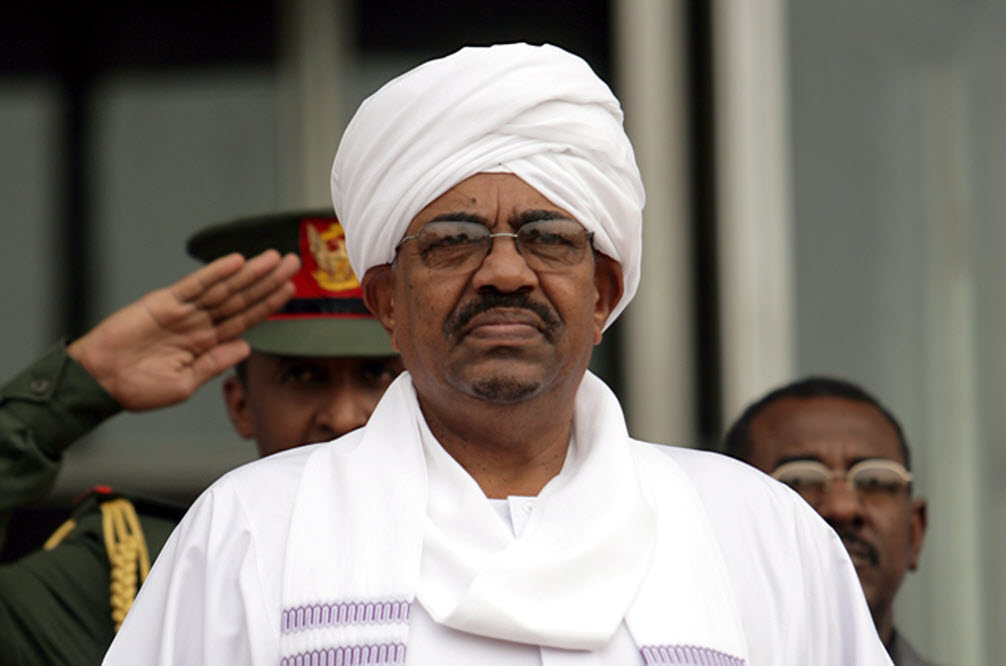
Sudan's major cities have been rocked by anti-government demonstrations for the past several months. This type of political protest has been rare in the Sudan since the government of President Omar Hassan al-Bashir took power in an “Islamic” military coup in August 1989. The Sudanese military has never hesitated to use lethal force against protesters – indeed, several hundred have been reported killed since the beginning of the 2019 movement.
These events reflect a substantial decline in living standards for a majority of Sudanese since the independence of South Sudan in 2011 – the South is the main source of oil. The northern Khartoum government saw oil revenue decline to only fourteen U.S. dollars per barrel transported from the south to Port Sudan on the Red Sea, via a Sudanese government-owned pipeline.
Sudan’s economy has also suffered from corruption among the ruling military hierarchy, while rapid inflation has become an everyday problem for ordinary Sudanese families. They are fed up, and want the al-Bashir regime to relinquish power to a democratically elected government, as existed prior to the military coup of 1989.
Since its inception, the relationship between the al-Bashir regime and the international community – especially the United States – has been strained. During the regime’s early “Islamic” period, all of the Middle Eastern terrorist organizations had offices in Khartoum. Although all of these offices have been closed, the United States continues to list the Sudan as a state sponsor of terrorism. More recently, since the start of popular protests, the United States has denounced the regime’s human rights violations against its citizens, which have delayed Washington’s prior efforts to lift sanctions against the Sudanese government.
Work to persuade the al-Bashir regime to step down in favor of a democratic revival is hindered by an outstanding indictment against the President for crimes against humanity, handed down by the International Criminal Court. These crimes date back to Khartoum's fight against the South Sudanese Liberation Movement, prior to the 2005 Comprehensive Peace Agreement brokered by the United States.
Ideally, al-Bashir would be held accountable for his crimes. But everything possible must be done urgently to end the crisis in the Sudan, lest further violence and instability be visited on a people who have suffered for far too long. As long as al-Bashir is under the threat of a trial in the Hague, he will be reluctant to leave power. There is some sentiment in western capitals that the ICC indictment should be cancelled if it would facilitate regime change in Khartoum. This is a decision that the U.N. Security Council has the power to render.
The Sudanese people are suffering greatly. It is time to make a deal in which the ICC indictment will be rescinded in return for al-Bashir's resignation and exile without further meddling in the country's affairs. The senior army officers who surround al-Bashir will be pensioned off and allowed to live peacefully in their communities with their ill-gotten gains. al-Bashir may be a criminal, but prolonging the suffering in the Sudan to seek a prosecution which may never happen is not worth the price the Sudanese people will pay.





